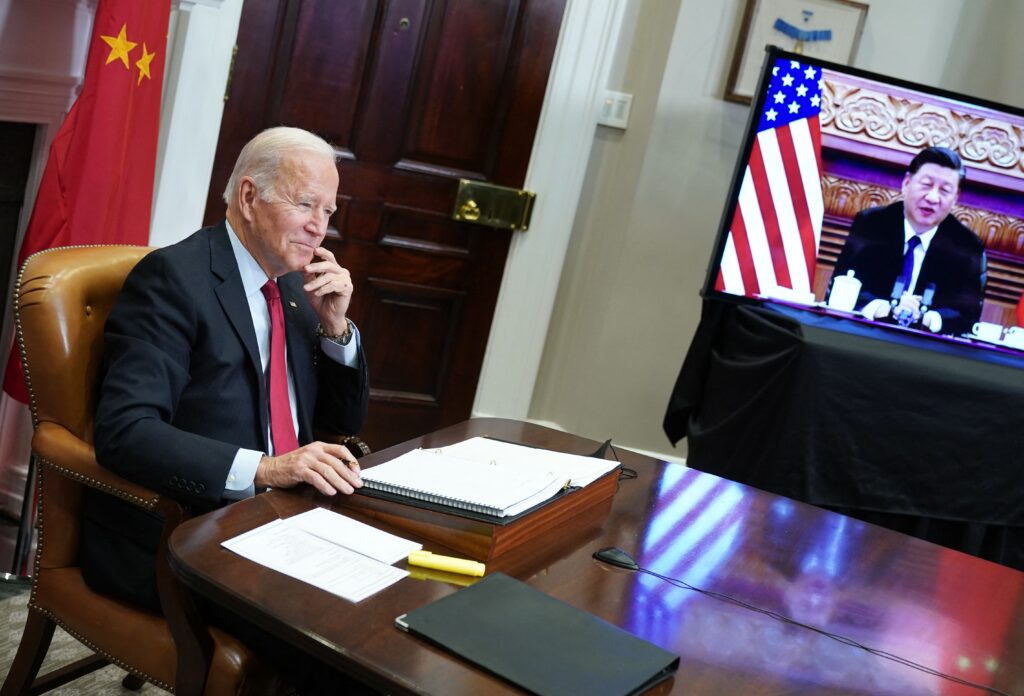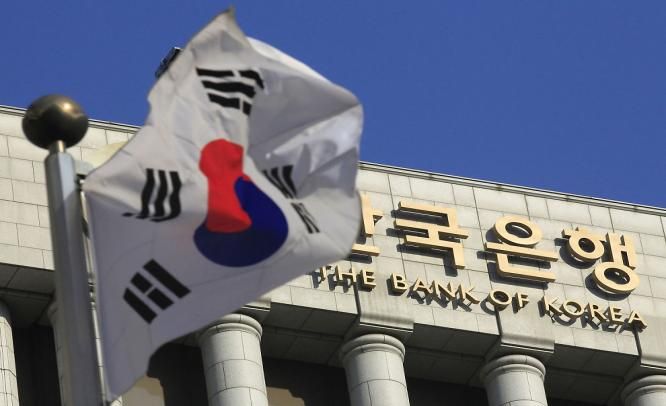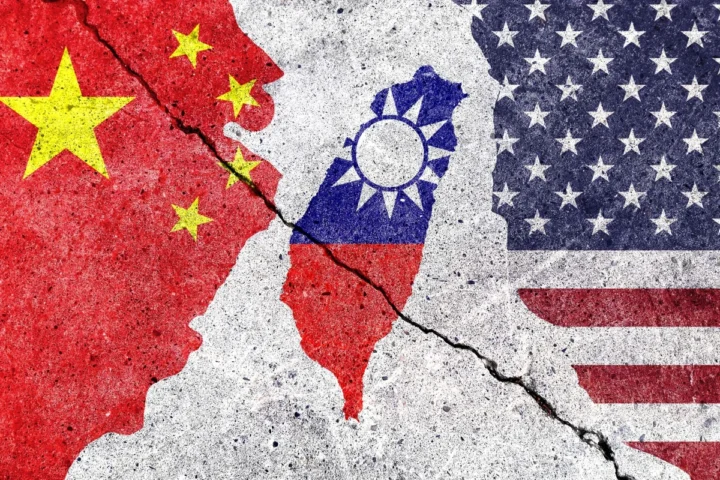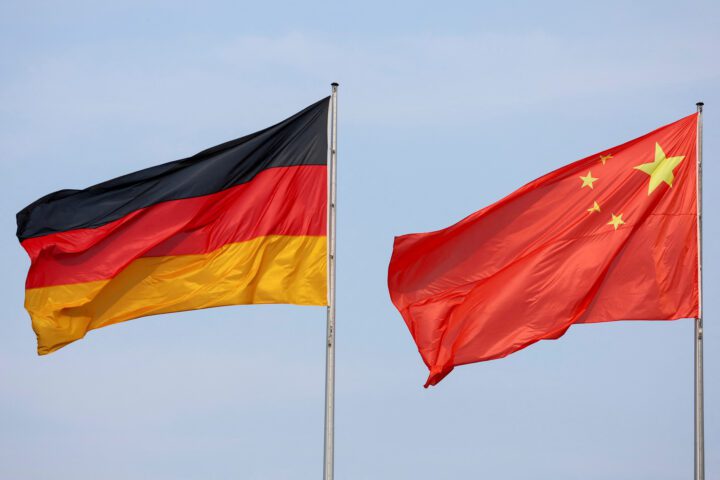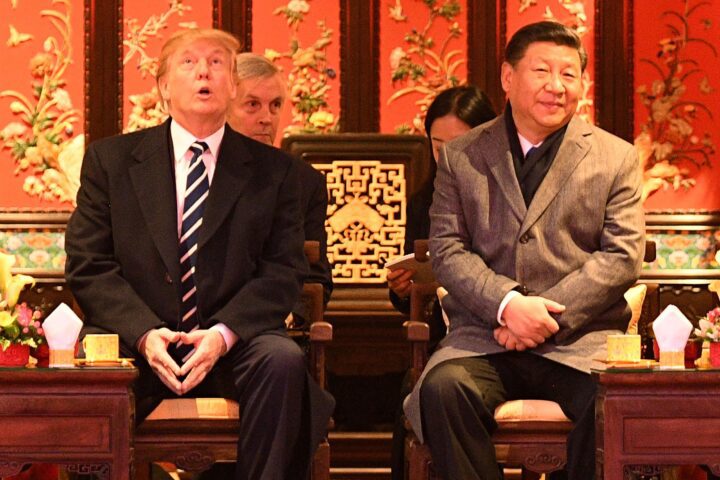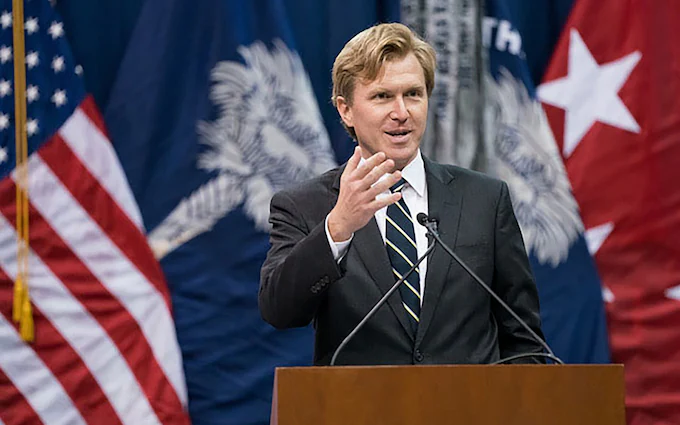South Korean President Yoon Suk-yeol’s short-lived attempt to declare martial law in response to escalating civil unrest found itself thwarted by the country’s parliament. An unprecedented move, it has unmasked the deepening discord between the executive and legislative branches of government and raises questions about the future of democracy in South Korea.
President Yoon’s decision to rescind martial law came swiftly after the National Assembly voted overwhelmingly to block its imposition. The move had been proposed as a response to growing civil unrest sparked by economic grievances, but critics argued it was an overreach of executive power and a threat to democratic values. The rejection of martial law by the parliament, a first in South Korea’s history, signals a new era where executive decisions are being more heavily scrutinized by the legislative branch.
The decision by the legislature reflects a rising concern among lawmakers about the concentration of power in the presidency and the potential for autocratic rule. It is a reminder of South Korea’s not-so-distant past, when the country was under military rule for nearly two decades. The parliament’s decision is a clear signal to the executive branch that it will not tolerate any regression to an authoritarian past.
The civil unrest that triggered President Yoon’s decision is rooted in economic hardship. South Koreans are struggling with rising living costs, stagnant wages, and a growing wealth gap. The unrest, seen by some as a sign of a deepening socio-economic crisis, has exposed the government’s inability to address these issues effectively.
In the aftermath of this political drama, President Yoon now faces the task of regaining public trust and mitigating the socio-economic troubles that have been fueling the protests. The challenge will be to do so without resorting to authoritarian measures, and instead promoting dialogue, inclusive policymaking, and economic reforms.
The thwarting of martial law in South Korea is a demonstration of the strength of the country’s democratic institutions, but it also exposes the pressing socio-economic problems that the country must grapple with. The coming months will be a crucial test for President Yoon’s leadership and the resilience of South Korean democracy.

